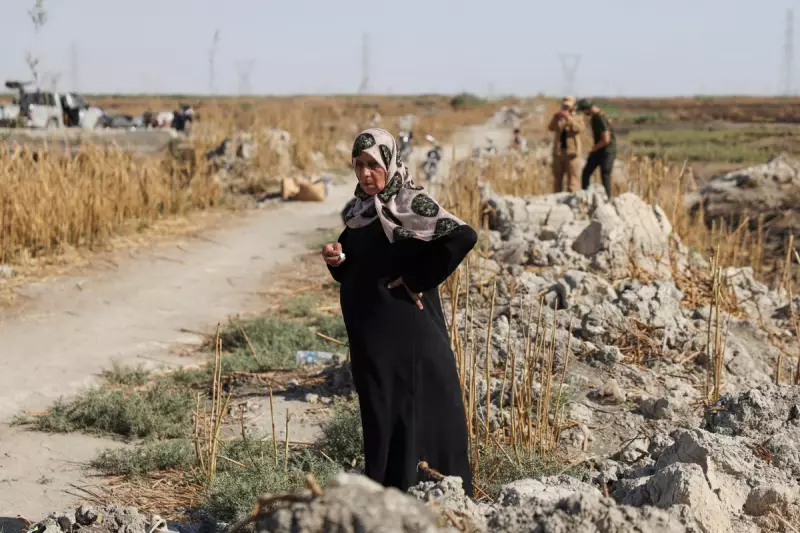
In a stunning and chilling revelation, Syrian President Bashar al-Assad has publicly admitted for the first time that he personally ordered the devastating 2013 chemical weapons attack on the Damascus suburb of Ghouta.
The admission came during a rare interview, marking the grim anniversary of an atrocity that killed an estimated 1,400 people, including at least 426 children, in one of the deadliest incidents of the Syrian civil war.
A Chilling Confession
When directly questioned about his role in the attack, Assad confirmed his command responsibility with a stark "Yes," justifying the decision as necessary to combat "terrorists" who had occupied the area. This confession directly contradicts years of vehement denial from the Assad regime and its allies, who had repeatedly blamed opposition forces for the atrocity.
The attack, carried out in the early hours of 21 August 2013, involved the use of sarin gas—a banned nerve agent—delivered via surface-to-surface rockets. Survivors recounted horrific scenes of civilians choking, foaming at the mouth, and suffering convulsions in their homes and streets.
International Outcry and Impunity
The Ghouta massacre provoked global outrage and brought the world to the brink of direct Western military intervention in Syria. A last-minute deal, brokered by Russia, saw Assad agree to dismantle Syria's declared chemical weapons arsenal under international supervision.
However, critics argue this deal merely allowed the regime to continue its campaign with conventional weapons while avoiding accountability. The Organisation for the Prohibition of Chemical Weapons (OPCW) has since documented numerous other chemical weapons attacks attributed to the Assad regime.
A Legacy of Suffering
Assad's admission is seen by human rights organisations as a brazen display of impunity, highlighting the failure of international justice mechanisms to hold war criminals accountable. For survivors and victims' families, the confession is a painful reminder of the world's inability to stop the slaughter and bring justice to those responsible.
Eleven years on, Assad remains in power, largely rehabilitated within the Arab League despite the immense suffering inflicted upon the Syrian people throughout the conflict.





